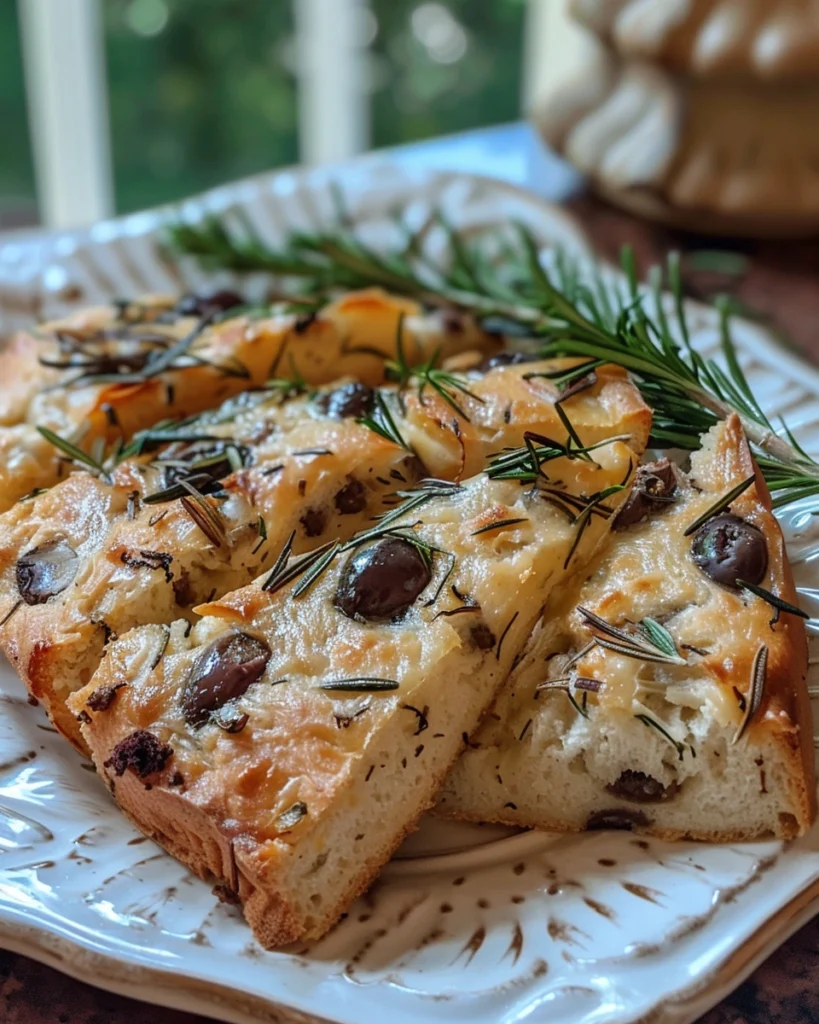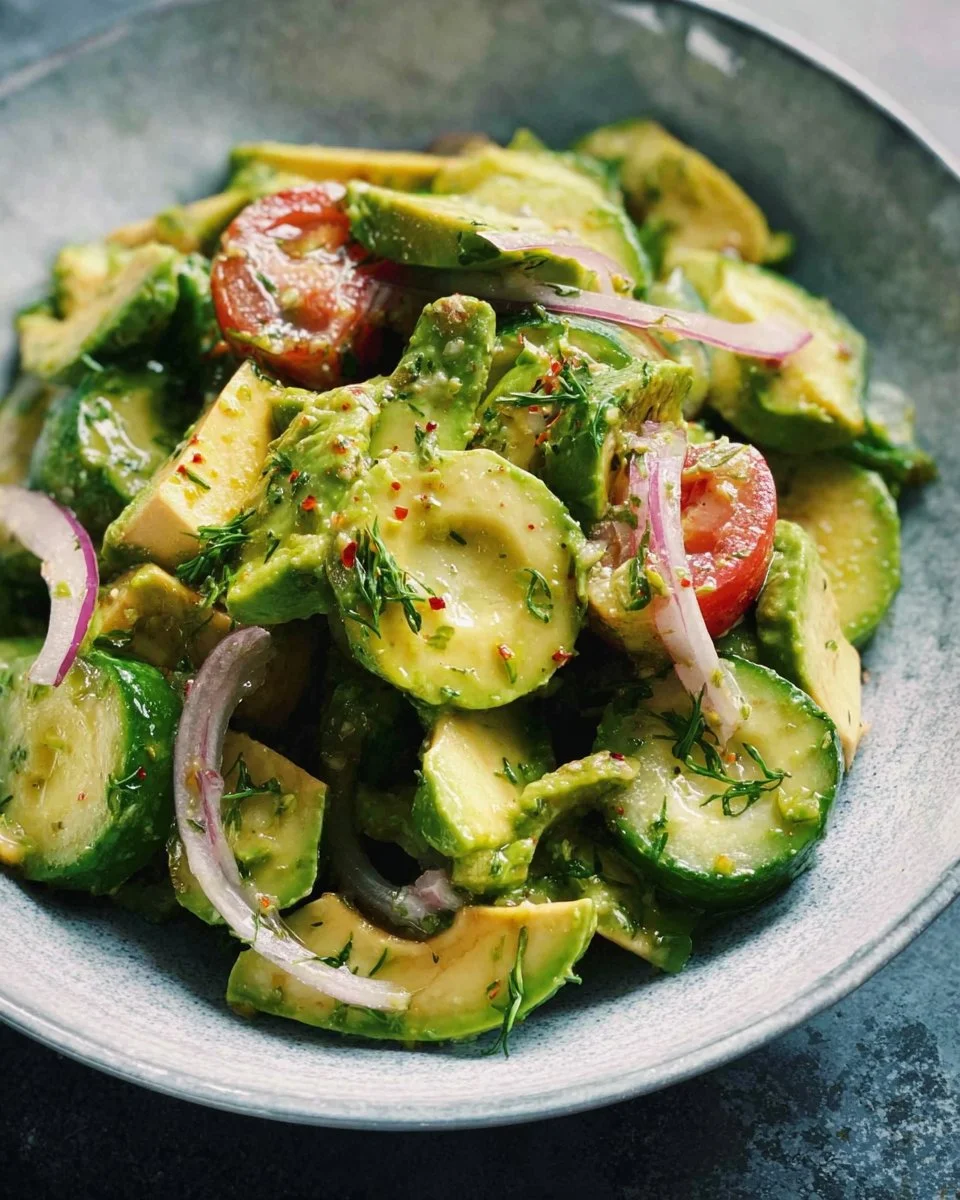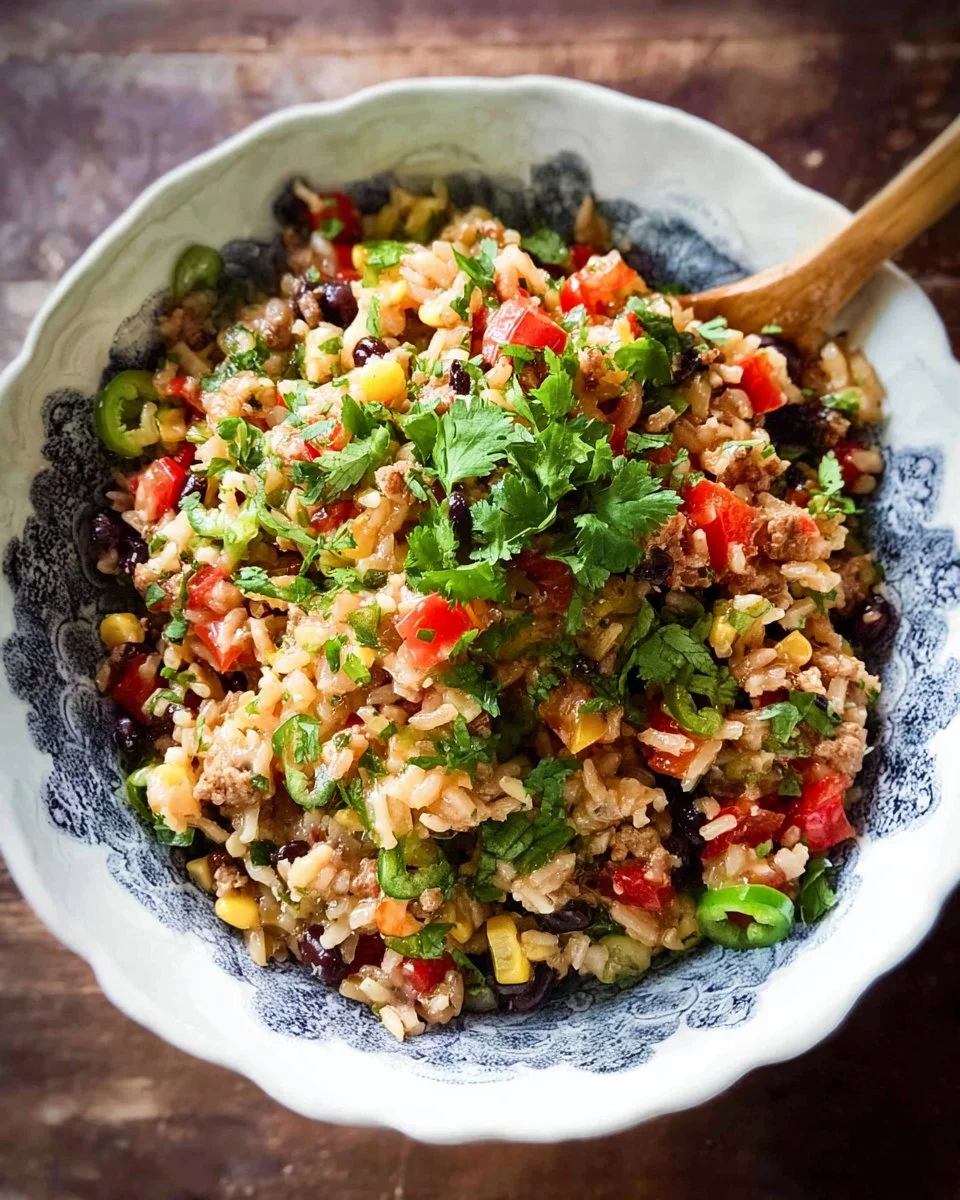Imagine the smell of freshly baked bread in your kitchen. It brings back memories of warmth and comfort. Our low-carb olive and rosemary bread is a mix of rustic charm and modern health needs.
It’s perfect for those on a keto diet or anyone looking for a healthy homemade bread. The bread’s circular shape and aromatic flavors make every bite a joy.

Key Takeaways
- Low-carb olive and rosemary bread combines traditional flavors with modern health benefits.
- This recipe is keto-friendly, making it a great choice for low-carb diets.
- The circular loaf option offers an appealing, artisan look.
- Perfect for those seeking a dairy free keto bread option.
- Ideal for pairing with various meals or enjoying with olive oil and balsamic vinegar.
Ingredients and Nutritional Information
Making a tasty and healthy keto olive bread is all about the right ingredients. Knowing their nutritional benefits helps you enjoy the taste while staying on track with your diet.

Main Ingredients
Your keto rosemary bread needs a mix of ingredients for flavor and nutrition. The key parts are:
- Coconut Flour: A low-carb flour substitute, rich in fiber and keeps the glycemic index low.
- Eggs: They add structure and moisture, making the bread soft and tasty.
- Olive Oil: It brings healthy fats and a mild flavor, making each bite fulfilling.
- Psyllium Husk Powder: This helps with texture and adds more fiber to the bread.
- Fresh Rosemary: It adds a strong, earthy flavor that goes well with olives.
- Black Olives: The main ingredient, giving a savory taste to your keto olive bread.
Nutrition Per Serving
Knowing the nutritional content of your keto rosemary bread is key. It ensures it’s a good fit for diabetic meals. Here’s what you get per slice:
| Calories | Fat | Protein | Net Carbs |
|---|---|---|---|
| 123 | 9g | 3g | 2g |
This nutrition info makes keto olive bread great for keto diets or managing diabetes. Each bite supports your health and nutritional goals.
Step-by-Step Instructions
Making the perfect keto quick bread needs careful steps and attention. Follow these steps to get your bread just right.
Preparation
First, heat your oven to 375°F. Collect your dry ingredients like almond flour, coconut flour, baking powder, and a bit of salt. Mix them well in a big bowl for even flavors. Chop your rosemary finely and pit and chop the olives too.
Mixing the Dough
Next, mix the wet ingredients in another bowl. These are usually eggs, olive oil, and apple cider vinegar. Slowly add the wet mix to the dry, stirring well. The dough should be thick but easy to shape into a loaf.
Baking
Put the dough in a loaf pan lined with parchment paper. Smooth the top to bake evenly. Bake in the oven at 375°F for 35-40 minutes. The kitchen will fill with the smell of rosemary and olives.
Check if it’s done by inserting a toothpick into the center. It should come out clean. Let it cool a bit before you slice it.

Tips for Perfecting Your Bread
Mastering keto bread baking takes a few key steps. Always measure your ingredients carefully. This keeps the coconut flour balance just right, preventing a dense or crumbly loaf.
Another important tip is to handle your dough gently. Overmixing can make your bread tough. Mix just until combined, then stop.
For a better crust and look, make deep scores on the loaf before baking. This helps it expand and adds a rustic touch.
Following these tips will help you make perfect keto bread every time. Happy baking!
Why Coconut Flour?
Adding coconut flour to your baking can change your recipes, great for low-carb options. It’s loved by keto fans for its versatility and health perks.
Health Benefits
The benefits of coconut flour in baking are many. It’s gluten-free and cuts down carbs in your treats. It’s also packed with fiber, which helps digestion and keeps blood sugar steady.
Its special qualities make bread soft and moist. This improves how it tastes and feels in your mouth.
Using Psyllium Husk
Psyllium husk is key in keto baking. It holds ingredients together, like gluten, so your bread stays in shape. The psyllium husk in keto baking adds structure and fiber, boosting digestive health.
This ingredient is critical in recipes like low-carb olive and rosemary bread. It keeps the texture and consistency just right.
Olive and Rosemary Bread
Looking for a tasty yet healthy bread? This savory low carb bread is perfect. It combines olives and rosemary for a flavor boost. Plus, it’s good for your health, making it great for those watching carbs.
Rosemary’s unique scent pairs well with olives’ salty taste. This creates a bread that’s both delicious and nutritious. Every bite is a treat, with flavors that blend beautifully.
Imagine serving this savory low carb bread at your next party. It will wow your guests with its gourmet taste and healthy vibe. You can enjoy it as a side or top it with your favorite ingredients.
This rosemary olive bread is perfect for many diets. It’s a tasty treat that lets you enjoy bread without the carbs. It’s a guilt-free choice for any meal.
Alternative Ingredients
Trying new ingredients can change your low-carb baking game. If you want to make your bread recipe your own or avoid coconut, almond flour is a great choice. It keeps your bread low in carbs but adds a special texture and taste.
Almond Flour Variation
Almond flour is perfect for a customizable keto bread that stays moist and has a nice nutty flavor. It needs more liquid than coconut flour, so you might need to adjust your recipe. For more ideas, check out this customizable keto bread recipe.
Additional Flavors
Adding unique flavors to your bread makes each loaf a new adventure. Try garlic powder for a savory taste or Kalamata olives for a Mediterranean twist. These flavors not only add depth but also let you make your bread customizable for different tastes.
By mixing up your ingredients and flavors, you can make a keto-friendly bread that’s both tasty and fits your diet perfectly.
Serving Suggestions
Low-carb olive and rosemary bread is great for any meal. It’s perfect for casual or fancy dining. Here are some keto bread serving suggestions to make your meal better.
With Olive Oil and Balsamic Vinegar
Dipping the bread in olive oil and balsamic vinegar is a top choice. The bread’s strong taste pairs well with the tangy balsamic and olive oil. It’s a hit for any event. For more dip ideas, see this guide.
Pairing with Meals
Keto bread goes well with many dishes. Here are some pairing ideas for a well-rounded meal:
- Pair it with a hearty French Onion Pasta.
- Serve alongside a rich Roasted Garlic Butter or Herb Butter for extra flavor.
- Choose a light soup or fresh salad for a balanced meal with your bread.
| Dish | Complement |
|---|---|
| Tuscan Chicken Pasta | Olive Oil Bread Dip |
| Garlic Parmesan Pasta | Easy Garlic Dip |
| Spaghetti Sauce | Herb Butter |
| Chicken Mushroom Pasta | Mushroom Toast |
| Chicken Caprese | Sun-dried Tomato Cream Cheese Spread |
| Feta Pasta | Olive Oil and Balsamic Dip |
These keto bread serving suggestions make meals more enjoyable. They suit different tastes and occasions. Make your meals special with thoughtful pairings of low-carb olive and rosemary bread.
Storage and Reheating
Keeping your olive and rosemary bread fresh is key. Store it in a cool, dry spot or the fridge. When storing keto bread, use an airtight container. This keeps it tasty and moist.
For reheating low carb bread, a toaster or oven works best. The toaster brings back the crunch and warmth. An oven at a low heat keeps it moist and evenly reheated.
| Storage Method | Pros | Cons |
|---|---|---|
| Room Temperature | Keeps bread accessible, no rewarming needed | Shorter shelf life, increased risk of drying out |
| Refrigeration | Extended freshness, reduces spoilage | May need reheating, possible flavor absorption from fridge |
Common Mistakes to Avoid
When you start baking keto, like olive and rosemary bread, watch out for common mistakes. Overmixing and texture problems are big issues, even for experienced bakers.
Overmixing
Don’t overmix the dough. It can make your bread too dense. Mix just enough to combine the ingredients. This way, your bread will be light and fluffy.
Texture Issues
Getting the right texture is key for a great bake. Use the right amount of psyllium husk to prevent a wet or crumbly dough. Also, mix different flours and keep the dough just right. This will make your bread perfect.
Conclusion
Now you know how to make healthy homemade bread for a low-carb or keto diet. This olive and rosemary bread is not only tasty but also good for you. It uses gluten-free ingredients like coconut flour and psyllium husk.
Don’t stop here; your keto baking journey is just starting. Try new ingredients like almond flour and add different flavors. This bread is great with olive oil and balsamic vinegar or as a main dish. It’s easy to make and tastes amazing.
Make sure to prepare well, avoid common mistakes, and store your bread right. This way, you’ll enjoy making healthy homemade bread every time. With these tips, you’re ready to make delicious, healthy meals.
FAQ
What are the main ingredients for low-carb olive and rosemary bread?
The main ingredients are coconut flour, eggs, olive oil, and psyllium husk powder. You also need fresh rosemary and olives.
How many calories are there per serving?
Each slice has 123 calories. It has 9g of fat, 3g of protein, and only 2g of net carbs.
What are the steps to make this bread?
1. First, preheat your oven.
2. Then, mix the dry ingredients.
3. Next, add the wet ingredients slowly to make a dough.
4. Bake until the loaf is golden.
How can I perfect the texture of the bread?
Make sure to measure ingredients correctly and don’t overmix. Scoring the loaf before baking can also improve the crust.
Why use coconut flour in this recipe?
Coconut flour lowers carbs and makes the bread soft and easy to digest.
What is the role of psyllium husk in this bread?
Psyllium husk helps bind the ingredients. It makes the bread keep its shape well, like gluten does.
Can I use almond flour instead of coconut flour?
Yes, almond flour is a good substitute. It’s great for those who prefer a different texture or have coconut allergies.
How should I serve olive and rosemary bread?
Enjoy it with olive oil and balsamic vinegar. It’s also great as a side to soups and salads.
How do I store the bread to maintain its freshness?
Keep it in a cool, dry place or the fridge. It reheats well in a toaster or oven.
What common mistakes should I avoid?
Don’t overmix the dough to avoid a dense bread. Also, make sure to use the right amount of psyllium husk for the right texture.

Low-Carb Olive and Rosemary Bread
Ingredients
Dry Ingredients
- 1 cup Coconut Flour A low-carb flour substitute, rich in fiber.
- 1 cup Almond Flour Optional variation for moisture and nutty flavor.
- 1 tbsp Baking Powder
- 1 tsp Salt
Wet Ingredients
- 3 large Eggs Adds structure and moisture.
- ¼ cup Olive Oil Provides healthy fats.
- 1 tbsp Apple Cider Vinegar
Flavor Ingredients
- 2 tbsp Psyllium Husk Powder Helps with texture and adds fiber.
- 2 tbsp Fresh Rosemary Chopped finely for flavor.
- ½ cup Black Olives Pitted and chopped.
Instructions
Preparation
- Preheat your oven to 375°F (190°C).
- In a big bowl, mix the dry ingredients: coconut flour, almond flour, baking powder, and salt.
- Chop the fresh rosemary finely and pit and chop the black olives.
Mixing the Dough
- In another bowl, mix the wet ingredients: eggs, olive oil, and apple cider vinegar.
- Slowly add the wet mixture to the dry ingredients, stirring well until it forms a thick dough.
Baking
- Transfer the dough to a loaf pan lined with parchment paper and smooth the top.
- Bake in the oven for 35-40 minutes, until the bread is golden brown.
- Check for doneness by inserting a toothpick into the center; it should come out clean.
- Let the bread cool before slicing.







